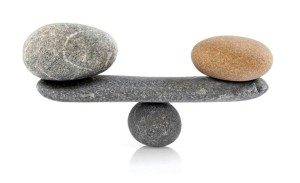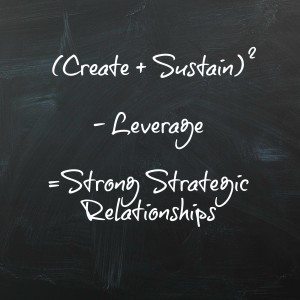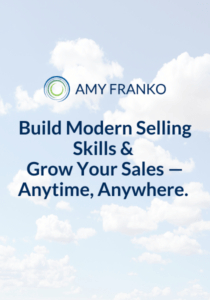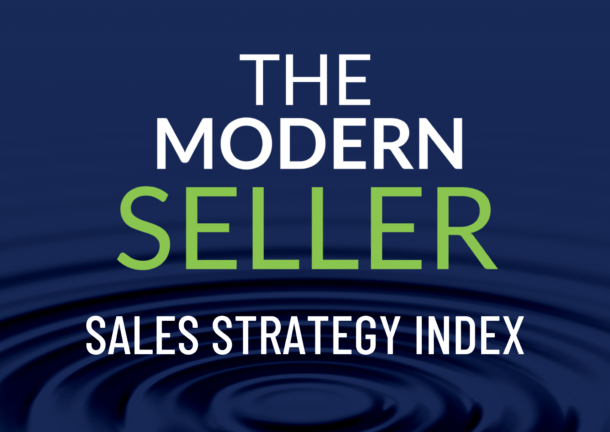Building relationships is a topic that’s near and dear to my heart.
Recently I had the opportunity to speak before the Women Lawyers of Franklin County and help them kick off their new program year. They asked me to share insights on creating social capital. Attorneys, like many of us professionals, are conditioned to focus on the value brought to an organization by physical assets and financial capital – that’s what’s on a P&L, right? But one often-missing element is social capital; while you won’t find it on a balance sheet, it’s every bit as critical to organizational and individual success.
What is social capital? According to bettertogether.org, “the central premise of social capital is that social networks have value. Social capital refers to the collective value of all ‘social networks’ [who people know] and the inclinations that arise from these networks to do things for each other [‘norms of reciprocity’].”
Organizations and individuals that “get it” when it comes to social capital know that the underlying value within that organization comes from the power of people and relationships
First: The Three Rs
Before we delve more into improving your social capital, let’s think about the three R’s. The three R’s represent what we build throughout out our life, personally and professionally, and we take them everywhere we go:
Reputation.
Results.
Relationships.
These tenets help you to make a difference in the world around you, and to make a difference for yourself.
But they don’t exist on their own—they are interdependent. Take a look at this image.
If you remove any of the stones, the whole structure will fall apart. The same goes for your reputation, results, and relationships.
When we focus on building strategic relationships, it will help forge a strong reputation, driving results personally and in our business. That’s where social capital comes into play, paying attention to the human side. The concept is getting more attention, because the people and organizations that “get” this are also among the highest performing. Organizations (and leaders) who value social capital do a couple of things well.
– Treat relationships purposefully
– Build strong internal and external relationships
Basically, they believe that social networks have value and create benefits—positive financial and organizational results. Social networks also bind us to one another in ways that elevate engagement, and bring us so much more joy and satisfaction to our work than without them.
So what’s holding us back from building our own social capital? We tend to make lots of excuses. For some of us it’s time (or lack there of). Many others suffer from “imposter syndrome” (“Someday, somebody’s going to realize I don’t know what I’m talking about!” But you do!) And of course it’s tough to step out of our comfort zone or to seek help in reaching a personal or professional goal.
Formula for Success
To help you get started, I encourage you to think about building relationships using this simple formula for success:
It comes down to putting twice the effort into the giving piece (creating and sustaining) of building relationships, then leveraging the relationships when you need them. I liken it to a healthy bank account. Efforts to create and sustain relationships are your investments. They grow and earn interest over time, and those investments require consistency. From time to time you withdraw from the account when needed. That’s the leverage – asking for what you need or coming together for a greater cause.
It’s healthy to invest and leverage, and the stronger your investments, the stronger the leverage. But we don’t want to overdraw. We need to invest more and give more than we’re leveraging. That’s one key to eliminating our fears around taking advantage of people or fear of rejection. The more we build the habit of giving and adding genuine value, the more we can leverage, or ask for what we need. That creates strong and healthy strategic relationships.
Consider your own relationships. Ask yourself… am I giving in a way that’s meaningful and healthy? Is it equal? How can I be helpful? If you put in the effort in advance, then when the time comes, it’s easier to make the ask for help.
For more information on each piece of the formula for successful relationships, contact me for details on how you can bring the social capital presentation to your organization.



 Our Strategic Selling signature sales training program is now available online. This online sales learning program is ideal for professional services and B2B sales. Get started with 2 free lessons.
Our Strategic Selling signature sales training program is now available online. This online sales learning program is ideal for professional services and B2B sales. Get started with 2 free lessons.